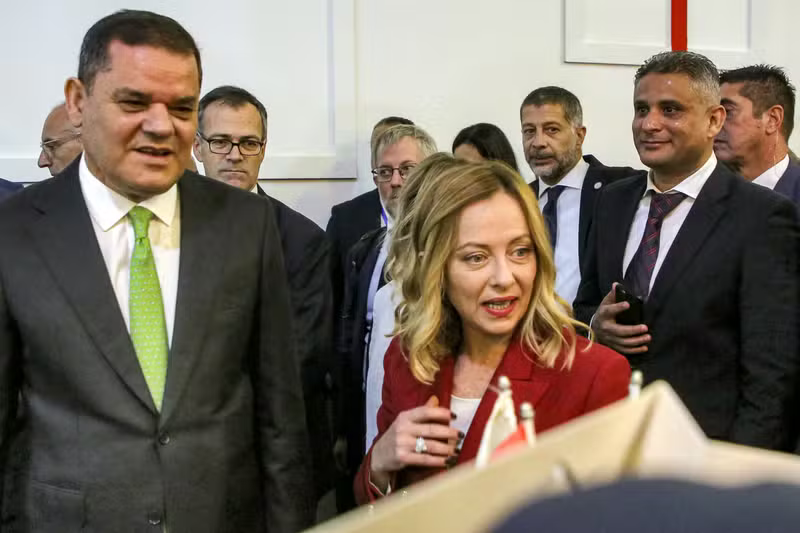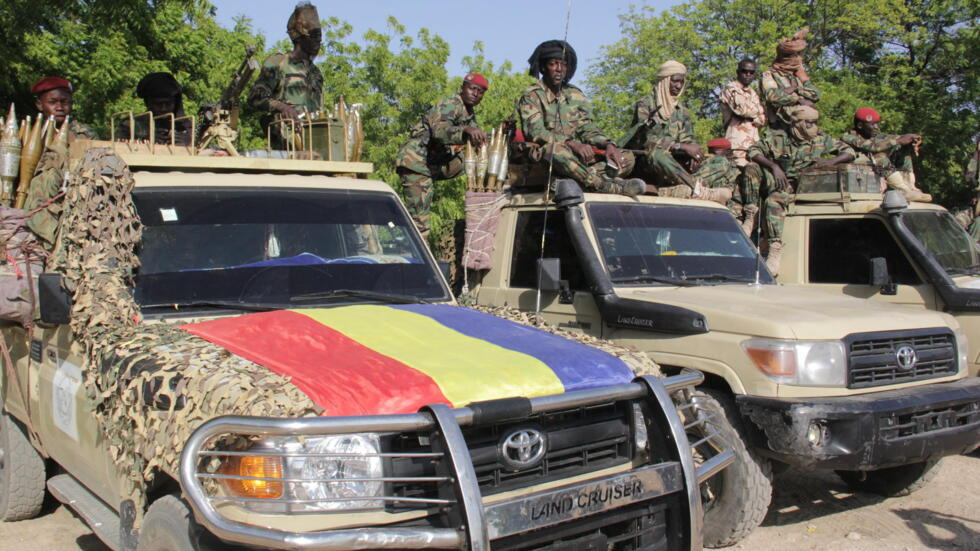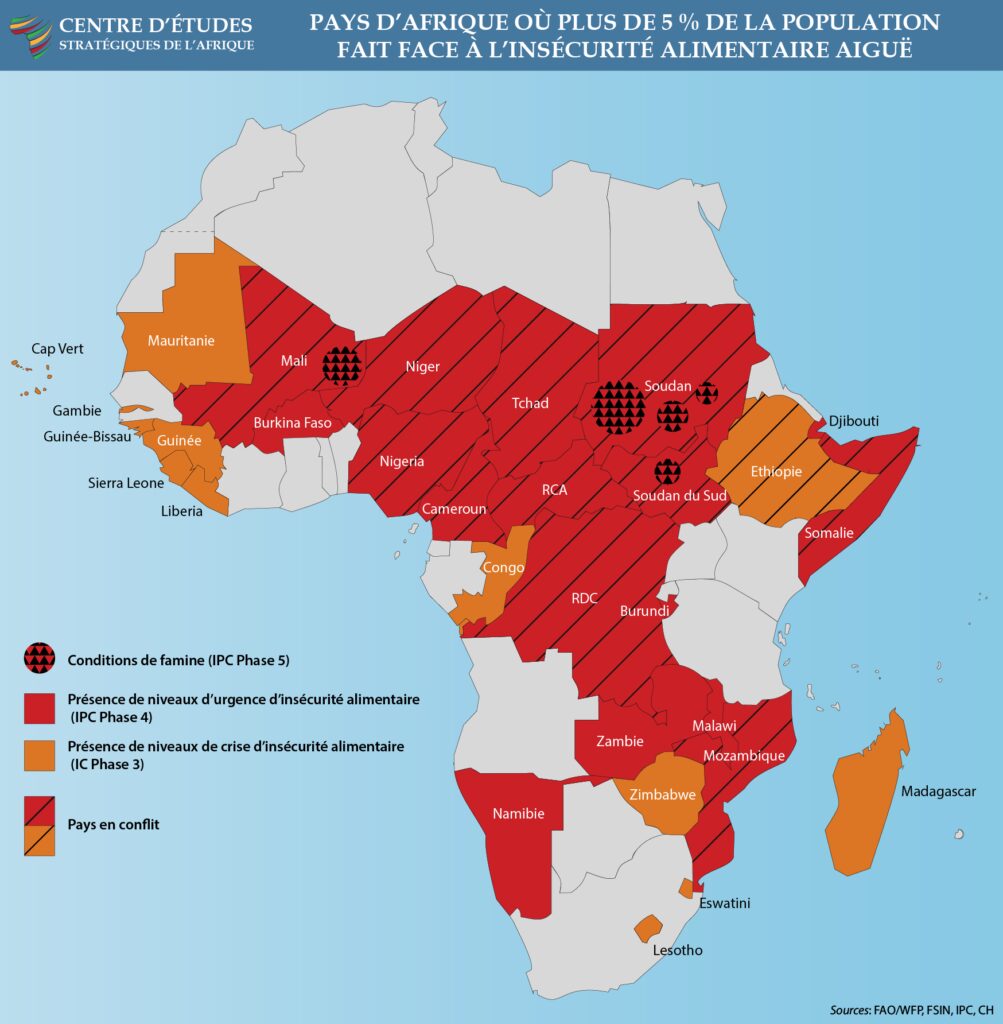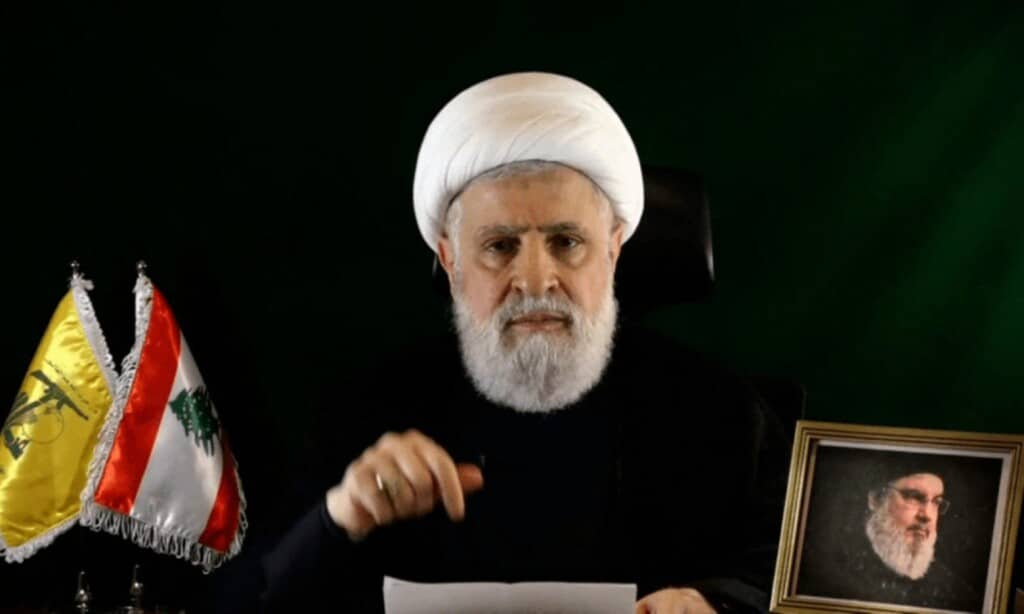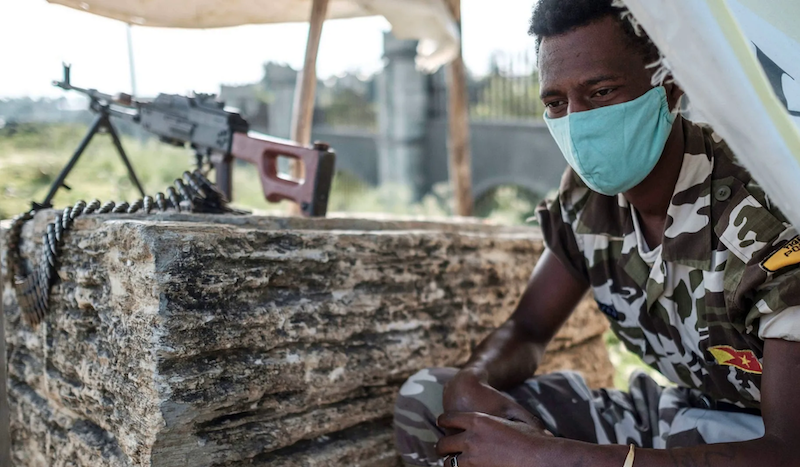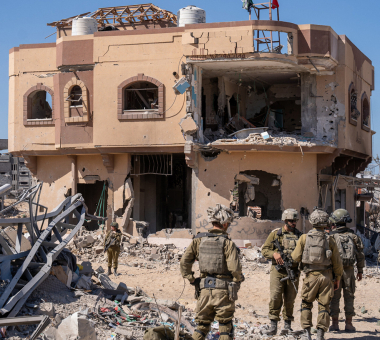Près de 600 migrants clandestins secourus en mer en dix jours au large des côtes sénégalaises

La Marine sénégalaise a porté secours mardi au large des côtes nationales à 183 migrants irrréguliers à bord d’une pirogue sur la route maritime de l’Europe, indique-t-elle sur les réseaux sociaux.
L’opération menée au large de Djiffer (ouest) non loin du point de départ de l’embarcation dans le delta du Saloum porte à 582 le nombre de migrants secourus en dix jours, selon les informations fournies par la Marine après trois interventions distinctes.

